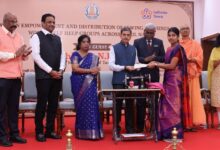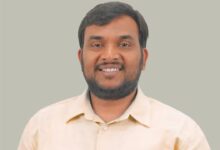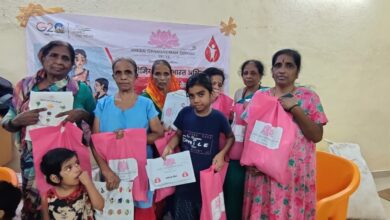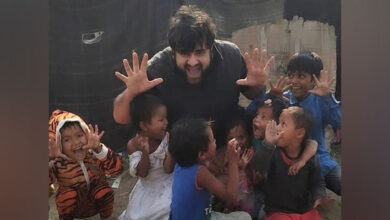Empowering the Underprivileged: Democratic Sangha’s Campaign Envisions a Brighter Future
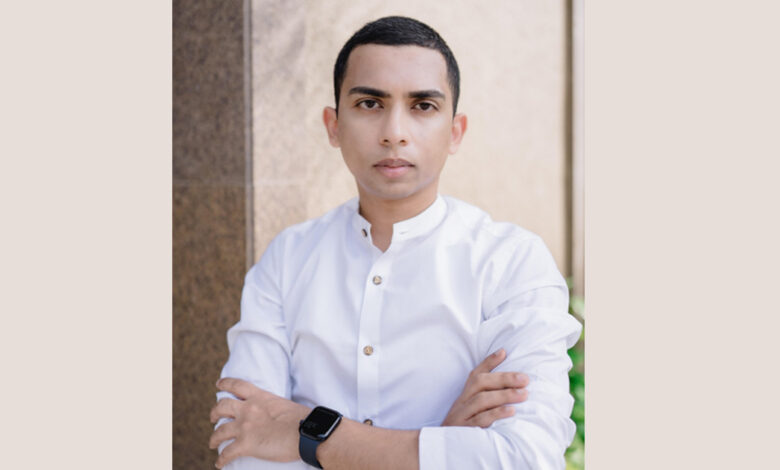
New Delhi: Democratic Sangha, a non-profit organization working towards the upliftment of marginalized communities has recently launched a campaign to reach and work towards ensuring a better future for the economically weaker section (EWS) of our society. Under this campaign, the members of the sangha under the able leadership of Brahmachari Chaitanya are helping the parents to exercise their basic rights and convincing them to admit their children to unaided private schools for free under Section 12 (1) (C) of the Right to Education Act, by guiding them in a correct manner and answering all their doubts. The campaign so far has received a positive reaction from people.
Democratic Sangha is founded by Brahmachari Chaitanya, a novice non-traditional monk with a vision to bring much-needed socio-political reforms in today’s world by addressing the growing inequality, stagnating middle-class earnings, constrained social mobility, and ineffective political leadership with directives of doubt, debate, and dissent. He is an apostle of the idea that spirituality ought to be social spirituality, actively transcending dogma and ritual in favor of proactive spirituality. What makes him stand out is his unique efforts to stand for justice for all beings.
On this big step towards humanity, Brahmachari Chaitanya, Founder, of Democratic Sangha said,” By the time I was 17, I started to understand how social injustices deprived many people of equal opportunities. My years of experience working for marginalized communities have given me a deeper understanding of the root causes better. This is helping me to devise in-depth campaigns and execute them in an effective way, under Democratic Sangha. With my recent initiative, my only vision is to ensure a better future for the kids who are bright enough but whose parents do not have enough financial bandwidth to support them.”
Democratic Sangha is also known for its special Rural Women Leadership Program in which they aim to build leadership of women at the grassroots. This program empowers women to become advocates of development and change in the villages.
His empathy and principles gave him the direction to bring about a positive change and made him take several positions of responsibility in school projects aimed at rural development. Later, at the age of 18, he had a monumental encounter with Swami Agnivesh at a crucial juncture in his life and was impressed by the philosophy of Swami Agnivesh. “In his philosophy, I found the answer: God is truth, love, compassion, and justice. I had a newfound purpose in life: to make the voice of the grieving audible enough for the stakeholder to listen and act,” he added.
Unfortunately, a short while after Bramhachari Chaitanya became a non-traditional monk, his guru, Swami Agnivesh, passed away. Disillusioned but not completely lost, he embarked on a spiritual journey to the Himalayas, where he met several saints but none who could inspire him like his late Guru. During this time, a chance interaction with a Canadian monk introduced him to his present Guru, Swami Tattvavidananda Saraswati, an independent non-traditional scientist turned monk with unfathomable knowledge of the Vedas and the Upanishads.
He returned to Hyderabad and met Swami Tattvavidananda Saraswati, under whom he began to study Vedanta and Sanskrit. He also established an NGO Democratic Sangha recently following the visions of his swami Agnivesh. The flagship project of Sangha includes the rural women’s leadership program. It is a one-year capacity-building program for rural women, and under the Right to Education campaign, Bramhachari Chaitanya along with other members of the Sangha works to maximize the benefits of reservation policy in private, unaided schools.

